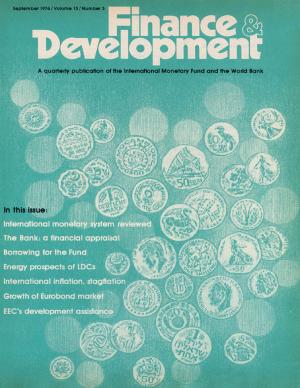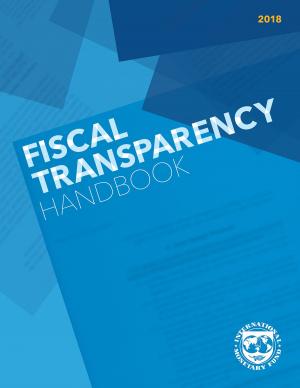Multilateral Aspects of Managing the Capital Account (EPub)
Business & Finance, Economics, Money & Monetary Policy, Macroeconomics| Author: | Jonathan Mr. Ostry, Atish Mr. Ghosh, Anton Mr. Korinek | ISBN: | 9781475596359 |
| Publisher: | INTERNATIONAL MONETARY FUND | Publication: | September 7, 2012 |
| Imprint: | INTERNATIONAL MONETARY FUND | Language: | English |
| Author: | Jonathan Mr. Ostry, Atish Mr. Ghosh, Anton Mr. Korinek |
| ISBN: | 9781475596359 |
| Publisher: | INTERNATIONAL MONETARY FUND |
| Publication: | September 7, 2012 |
| Imprint: | INTERNATIONAL MONETARY FUND |
| Language: | English |
The financial crisis has again brought home the profound financial linkages across countries, often manifest in highly volatile capital flows. This volatility has prompted interest in possible rules of the road to guide policies in both source and recipient countries. This note discusses the analytical underpinnings, and possible contours, of such rules. While a series of discussion notes have investigated how an individual country might respond to surging inflows, less attention has been paid to the multilateral consequences of country policies, and the desirability of international cooperation to achieve globally efficient outcomes. We argue that the global welfare implications of capital account regulations, or policies that mimic the effects of such regulations, are threefold. First, spillovers from such policies do not necessarily have normative implications: if policies are justified from a national standpoint (in terms of reducing domestic distortions), under a range of conditions they should be pursued even if they give rise to cross-border spillovers. Second, however, if policies in one country exacerbate existing distortions in other countries, and it is costly for other countries to respond, then multilateral restrictions on unilateral policies are likely to be beneficial. Third, coordination may require borrowers to reduce inflow controls or, much thornier, agreement by source countries to partially internalize risks from excessively large or risky outflows. While it is very difficult to fully spell out desirable rules of the road in practice, multilateral oversight should carefully consider situations where capital account regulations seem unjustified from a prudential standpoint and seem instead geared toward vitiating external adjustment—e.g., when inflow controls are used to sustain an undervalued currency. Oversight might also raise red flags in situations where policies are excessively deflecting flows across recipient countries or transmitting risk from source to recipient countries. The discussion note fleshes out the analytical considerations behind such rules.
The financial crisis has again brought home the profound financial linkages across countries, often manifest in highly volatile capital flows. This volatility has prompted interest in possible rules of the road to guide policies in both source and recipient countries. This note discusses the analytical underpinnings, and possible contours, of such rules. While a series of discussion notes have investigated how an individual country might respond to surging inflows, less attention has been paid to the multilateral consequences of country policies, and the desirability of international cooperation to achieve globally efficient outcomes. We argue that the global welfare implications of capital account regulations, or policies that mimic the effects of such regulations, are threefold. First, spillovers from such policies do not necessarily have normative implications: if policies are justified from a national standpoint (in terms of reducing domestic distortions), under a range of conditions they should be pursued even if they give rise to cross-border spillovers. Second, however, if policies in one country exacerbate existing distortions in other countries, and it is costly for other countries to respond, then multilateral restrictions on unilateral policies are likely to be beneficial. Third, coordination may require borrowers to reduce inflow controls or, much thornier, agreement by source countries to partially internalize risks from excessively large or risky outflows. While it is very difficult to fully spell out desirable rules of the road in practice, multilateral oversight should carefully consider situations where capital account regulations seem unjustified from a prudential standpoint and seem instead geared toward vitiating external adjustment—e.g., when inflow controls are used to sustain an undervalued currency. Oversight might also raise red flags in situations where policies are excessively deflecting flows across recipient countries or transmitting risk from source to recipient countries. The discussion note fleshes out the analytical considerations behind such rules.















